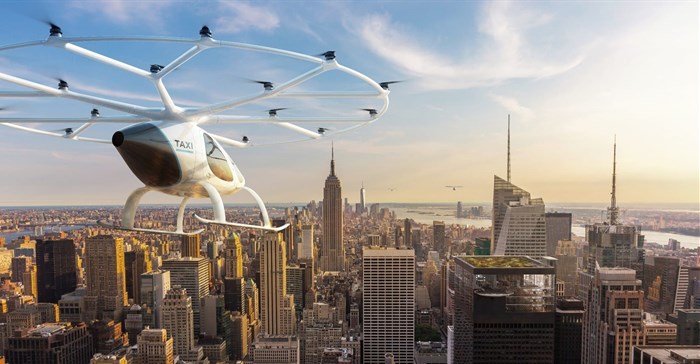
Top stories






AutomotiveHilux Custom Builds offers purpose-built solutions for your business
Toyota South Africa Motors 16 Feb 2026
More news


Marketing & Media
Ads are coming to AI. Does that really have to be such a bad thing?














With so much still to play out in terms of technological development and regulatory approval, it's hard to take any plan for fully fleshed out air taxi infrastructure as anything more than a thought experiment.
But with so much money being poured into the industry from the likes of Boeing and Airbus, along with countless smaller startups, it's certainly a good time to start thinking about how our cities would function with fleets of flying taxis zipping around overhead.
Now Volocopter is keen to share its ideas. Its concept describes both Volo-Ports and Volo-Hubs. The latter would work like cable car stations, with the company's two-seater, autonomous aircraft landing and taking off from pads every 30 seconds. After landing, each vehicle would move inside the hub, where its passengers hop out and its batteries are swapped, readying it for takeoff again.
Continue reading the full article on New Atlas.

New Atlas is about the amazing potential of human endeavour. From DNA-scanning smartphones to the latest advances in autonomous transport, New Atlas examines how new discoveries, products and technological innovations affect our ability to interact with and understand the people around us and the world we share.
Go to: https://newatlas.com/